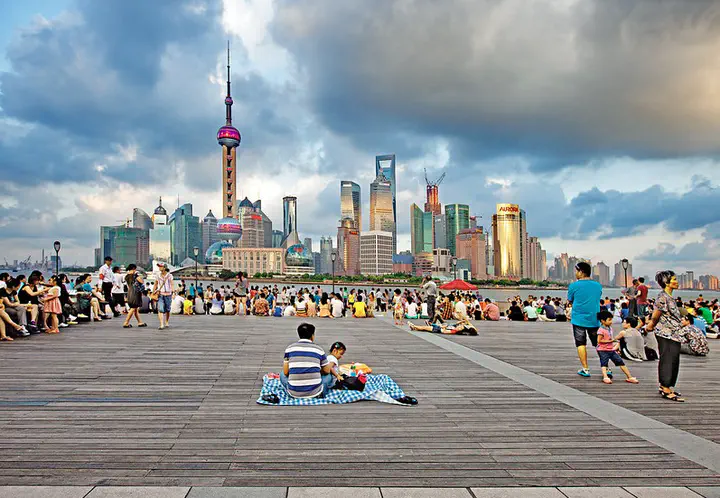Where do opportunity beliefs come from?
Implications of intergenerational social mobility for beliefs about the distribution system
 Image credit: Jean-Paul Margnac
Image credit: Jean-Paul Margnac
Project Description
People’s understanding of the drivers of inequality is a function of their position in the social structure. Nevertheless, how intergenerational social mobility is associated with opportunity beliefs is still short of research. Recent findings in cultural sociology suggest that individuals seldom update their beliefs, and their settled dispositions lead them to reproduce them in their adulthood. This study used a probabilistic and representative survey of Chinese citizens to explore this question. China has been characterized as an unequal country but highly tolerant of social inequalities. Our results indicate a Ushaped relationship between social class and opportunity. The upper class and farmers exhibit stronger meritocratic beliefs than middle-classes. Moreover, upwardly and downwardly mobile individuals show greater weights for origin and destination, respectively. Thus, opportunity beliefs are explained by the social class where they rank lower. These findings suggest that beliefs updating through social mobility interact with the mobility trajectory. In addition, the stronger meritocratic beliefs of the farmers’ class and the greater weight of social origin for upwardly mobile individuals could explain the dormant social volcano in China.
Collaborator
Peng Wang, Department of Sociology, The Chinese University of Hong Kong.